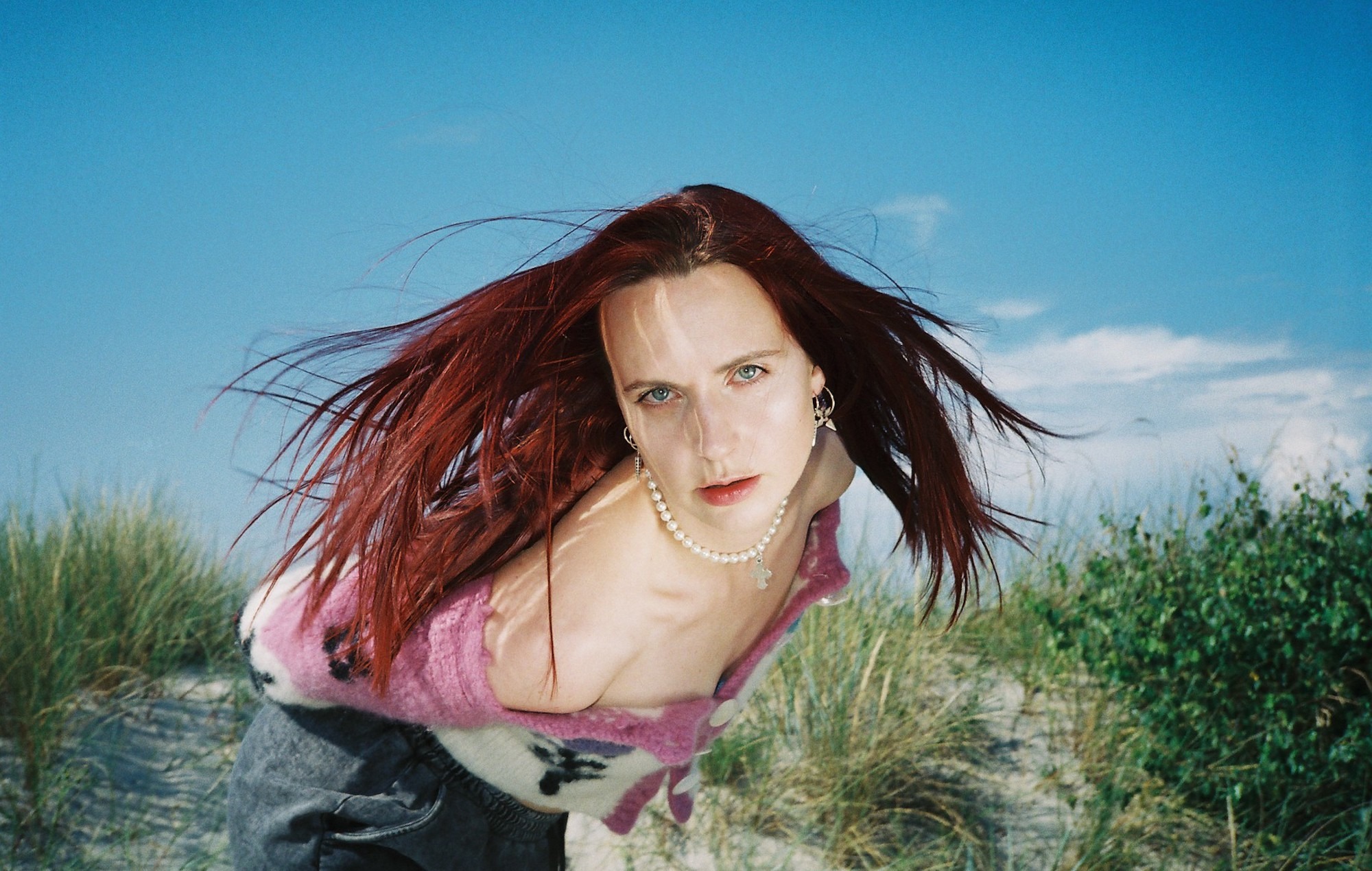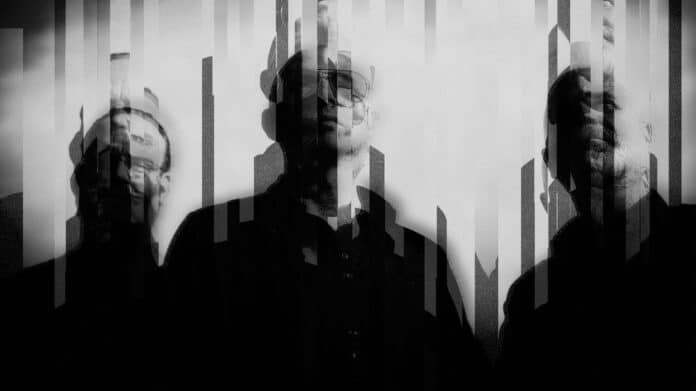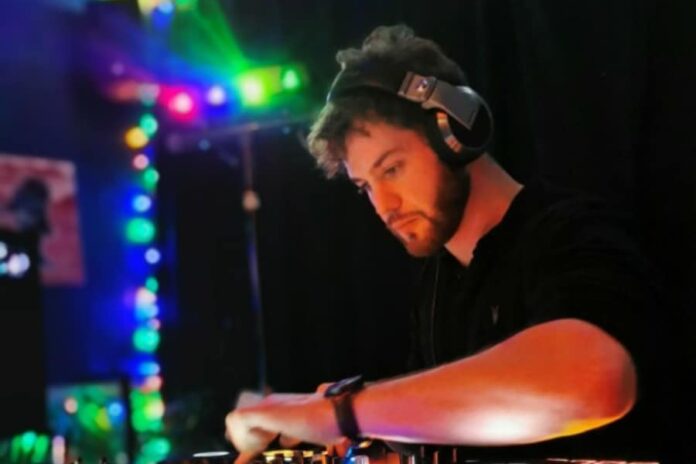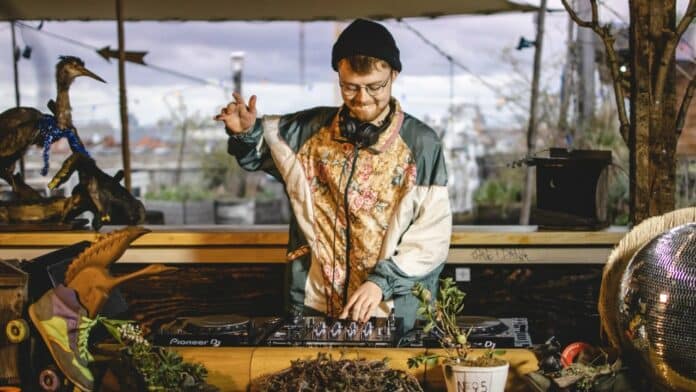
Five things we learned from our In Conversation video chat with MØ
When Danish electro-pop singer MØ had finished touring her second album, ‘Forever Neverland’ in 2019, she returned to Denmark physically and mentally burnt out. She’d been working non-stop since her debut album ‘Mythologies to Follow’ was released in 2014, and quickly gained notoriety through her mega-hit collaboration with Major Lazer and DJ Snake ‘Lean On’. She took advantage of that early wave of success, but as she pushed through a gruelling promotion and songwriting cycle the feeling that she’d lost control of her agency and authenticity as an artist started to creep in.
After a conversation with her mother, she likened her cycle of exhaustion to the Danish word “dødsdrom”, which translates to “globe of death”. She decided to get off the “hamster wheel of life”, or in other words escape the motordrome before she crashed again. That realisation not only led to the title of her third album, but to renewed creative inspiration, something you can not only hear in MØ’s fresh approach to the lyrics, and haunting soundscape of ‘Motordrome’; but that you can see in the wine red hair that now frames her face.
In the latest edition of NME’s In Conversation series, MØ discusses the transformation that led to ‘Motordrome’, lyrically dismantling the patriarchy in her song ‘New Moon’, and finding her voice again. Here are five things we learned from NME In Conversation with MØ. Here’s what we learned.
Writing ‘Motordrome’ gave MØ an opportunity to recover from nearly a decade on the road
MØ shares that the inner transformation that led to ‘Motordrome’ took place once she returned home after being on the road for ‘Forever Neverland’. “When I stopped touring in 2019 I was so mentally drained after having been on the road for seven years. It was winding down and it was like my whole world was just spinning and I was reaching [out for] clarity in a way, because everything, even my own reality was spinning,” She shares.
For MØ, getting her thoughts out of her head and into songs was healing. “Writing this album was a really important part of my process of recovery, of just getting back to earth again because it was like little moments of clarity,” she explains. “I always feel like writing songs is therapeutic and a way to understand yourself better and just get some stuff off your chest that you maybe don’t know how to talk about in a conversation, but which you can [talk about] in a song.”
The song ‘New Moon’ – which focuses on escaping patriarchal power structures – was inspired by times MØ felt silenced
“It’s summing up some of the experiences I’ve had in my career, feeling invisible or like your words [don’t] have enough weight,” MØ says when asked about the inspiration behind dreamy dark-pop track ‘New Moon’. “There’s not a lot of women in this industry and I think there are old structures and micro ways of doing things that over time [make you] feel invisible or drained.”
Writing ‘New Moon’ was a way for her to take her voice back. “This song and these lyrics are trying to touch on that and set myself free from the toxic way I had been letting myself be,” she says. “I think many times in my career I’ve just been like, ‘Okay, whatever, it’s fine,’ if someone had been seeing through you or disrespecting you or something; but no, it’s not fine. It’s not okay and it took me a long time to actually realise how serious it is and that I’m better than that.”
Writing ‘Live To Survive’ was an opportunity for self-forgiveness
Writing the album’s lead single ‘Live To Survive’ allowed MØ to let go of the self-judgment she had for working herself into exhaustion. “There was this part of me that was blaming myself for having let myself live in a toxic lifestyle for a long time,” MØ shares. “I needed to write a song to myself about forgiving myself for that and [saying] that it would be okay, and we make mistakes and that’s fine.”

‘Kindness’ is a love letter to MØ’s fan base
The anthemic, string-driven track ‘Kindness’ is dedicated to MØ’s fans, and even though she wrote it while she was sad and alone during lockdown the song is upbeat, focussing on community. “I did write it during isolation, but it was such a positive experience because it was one of those moments where [I was] so grateful for what I have and for my fan base and for this online support system,” she shares.
She also acknowledges that the time spent alone allowed her to appreciate everything she’d worked for. “I think in many of these years when things were just going fast it was rare that I had a moment to sit back and really be appreciative of what I had, and what was built,” she shares, adding, “I just really wanted to make a song about that.”
MØ felt trapped during previous eras of her career but now focussing on being true to herself
With previous albums, MØ admits to feeling like she didn’t have control, saying she felt “trapped.” But, with ‘Motordrome’ she’s stepping into a new era, one where she wants to be true to herself. “I hope I’ll be really good at listening to myself and take the time to listen to what I need, and make the music and do the things that feel most true to me,” she shares.
Now, the most important thing for her is “to really take the time to listen to what it is I really want to say, even if it sucks.” She isn’t interested in getting it perfect, adding: “It doesn’t matter. I think even if you make mistakes, you want to make sure [they’re] your own mistakes, not someone else’s.”





